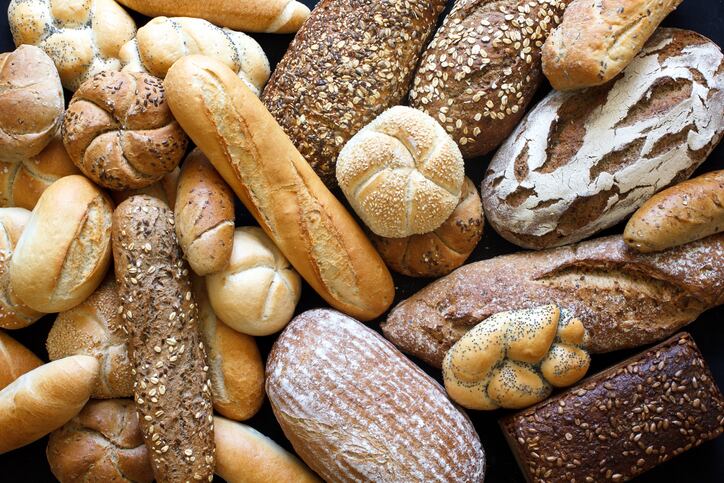Digestive tract cancer is a collective term used to describe cancers such as colorectal, gastric and oesophageal, which are ranked among the top 10 cancers globally in terms of incidence and mortality. Lifestyle and diet have been known to play an important role in lowering its risk.
Previously, a review focusing mainly on case-control studies showed that higher whole grain intake was associated with lower risk of digestive tract cancers, however researchers said there was limited and controversial data when it came to cohort studies.
Hence, in this meta-analysis, researchers from Zhengzhou University, Henan, China compiled cohort and case studies to give a better understanding of this association.
They published the findings in BMC Nutrition journal.
Methodology
This meta-analysis included 35 studies (18 on colorectal cancer, 11 on gastric cancer and 6 on oesophagus cancer), comprising 2.6m participants and 28,921 cases.
Of the 35 studies, 14 were cohort and 22 were case-control studies.
Studies were conducted across North America, South America, Europe, Middle East, and Africa, between 1989 to 2016.
Findings
Comparing the highest-intake participants with the lowest-intake participants for whole grains, overall digestive tract cancers can be significantly reduced by 22% (p<0.001).
In this analysis, whole grain consumption can also significantly reduce the risk of colorectal cancer by 11% (p<0.001), and oesophagus cancer by 47% (p<0.001).
For gastric cancer, the result showed that whole grains consumption reduced the risk of gastric cancer by 36% (p<0.001).
However, there was a significant heterogeneity where results indicated that whole grain intake was a protective factor for case-control studies and studies in Europe, but no significant association was found in cohort studies and studies in America.
Fibre power
They explained that whole grains may influence cancer risk through a variety of mechanisms.
Whole grains with its higher dietary fibre and phytochemical content are known to also play a role in preventing chronic diseases including CVD and type 2 diabetes.
Researchers pointed out that dietary fibre can increase the volume of faeces and shorten the transit time of the intestines, diluting carcinogens and reducing their absorption in the intestinal epithelium.
“Dietary fiber can also be fermented in the colon into short chain fatty acids such as butyrate. Butyrate is the fuel of choice for mucosal cells and has the potential to promote apoptosis and anti-tumour, thereby reducing tumour growth. They also lower the intestinal pH, reducing the solubility of free bile acids and reducing their carcinogenic activity.”
In addition, dietary fibre can also remove nitrite in the stomach, nitrate is a known risk factor of gastric cancer.
Limitations and recommendations
Researchers acknowledged several limitations to their meta-analysis, among which was the lack of high-quality epidemiological studies. “Due to the differences in methods for assessing whole-grains intake, we are unable to perform a meta-analysis of dose-response.”
In addition, the included studies were mainly from Europe and America, lacking research in other regions.
They added: “Differences in the definitions of whole grains and in the categories of whole grains foods among studies might also be another possible source of heterogeneity. Only published studies were included in the meta-analysis, hence the limitation of possible publication bias should be taken into consideration.”
They called for more high-quality studies in the future to clarify dose-response relationships to better assess the relationship between whole grains and digestive tract cancer.
Researchers concluded that their findings support the dietary guidelines that increasing whole grains intake can reduce the risk of digestive tract cancer.
Source: BMC Nutrition
https://doi.org/10.1186/s12937-020-00556-6
“Association of whole grains intake and the risk of digestive tract cancer: a systematic review and meta-analysis”
Authors: Xiao-Feng Zhang, et al.




